
Is getting board-certified worth it? One doctor contemplates.

Is getting board-certified worth it? One doctor contemplates.

Thoughts on how we celebrate with our patients when they achieve a milestone in their work or convey a more finely tuned awareness of themselves.

Neighborhoods, tribes, gangs-each have their own culture. Unless you have been raised in one of them and are "known," you come as a stranger.

“I met Talia almost 20 years ago. It wasn’t the usual doctor-patient relationship formed in the setting of an outpatient clinic or general inpatient hospital.”

“In most respects, my career as a psychiatrist working in community mental health has been ordinary. What is most surprising to me is that, I have come to define myself as a critical psychiatrist.”

With the help of psychotherapy, something from the deep unconscious helped cure her depression, forge her character, and guide her to a sense of peace.

I would not want to simply map the stars; I would also want to gaze upon them and contemplate the mystery of it all. Such is the 15-minute med check versus the essence of psychiatry.

The mixed bag of emotions described here should be familiar to any clinician, especially to a psychiatrist.
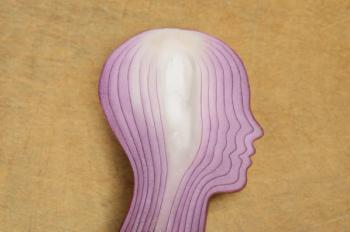
Psychiatry can help us understand what layers of the onion exist that need to be peeled away, but the power to discard them once and for all resides within each and every one of us.
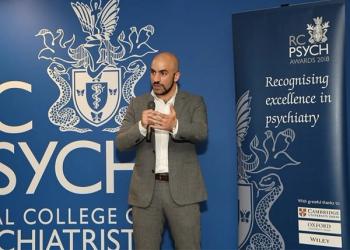
From homeless man with mental illness to the Royal College of Psychiatrists-the journey was not easy, but few things worthwhile are.

Psychiatry plays a central role in exploring and treating the depths of human experience captured by the word “soul.”

A psychiatrist attempts to stay positive while facing her parents' and loved ones' premature deaths-ever reminding us that hope springs eternal.

Dad excelled at his craft and was the natural choice for promotion to supervisor of the machine shop when the incumbent retired. But the company told him it just wouldn’t "look right" to have a person with only an 8th-grade education.

Those last years of the Communist regime were met with literal darkness, collective trauma, and lack of food and free speech. Yet the peoples’ wicked, clandestine sense of humor cut through the despair and resilience rose from the ashes.

Durkheim believed it was useless to prohibit newspapers from publishing stories of the ultimate act of self-harm. But he was wrong.

We humans need to believe. We tend to feel better, more grounded, and safer.

The world is a better place without a "tyrant of the day" taking over and cracking down with rigid rules. This and other life lessons after 40 years in psychiatry.
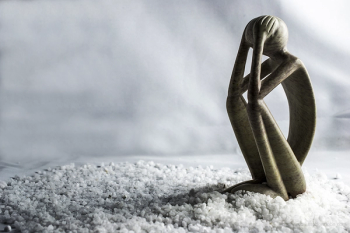
She was only 21. After "it" happened, I held a lecture on depression. I mentioned her at the end as a tribute. I longed for closure. More in this Portrait of a Psychiatrist.

Just recently, an adolescent patient refused to meet with me individually, saying, “People from your country kill us.” But we survived-as a country and as a family.

The tender moments that call for true empathy are often failed by the demands of the traditional physician-patient relationship.

Sometimes the work we are called to do is not what one traditionally expects. Be receptive to the “reason”-when the Sherpa knocks. More in this Portrait of a Psychiatrist.
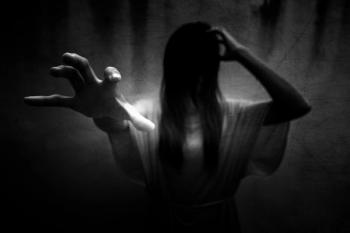
She wondered what the secret was to life as a psychiatrist, a grieving daughter, and a new mother of twins.

On December 27, I learned that my pregnancy would not come to fruition with a baby for me. The healing process begins for me as it has for countless women before me. More in Portrait of a Psychiatrist.

A teaching moment never to be forgotten, little did the author know that this action on his patient's part would be the harbinger of an amazing career looking after physicians.
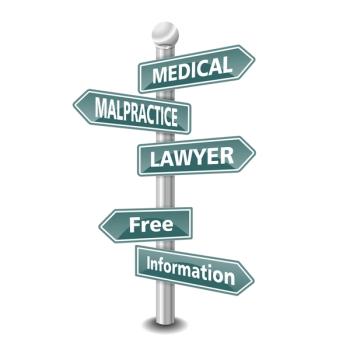
Medical malpractice, a form of professional negligence, remains a heavily criticized legal solution for ensuring patient autonomy and competent health care.

As physicians, the risk of being sued is one of our greatest concerns.

A courageous piece that tells the story about a lawsuit that dragged on for nearly two decades after the sudden and unexpected death of this psychiatrist's patient.
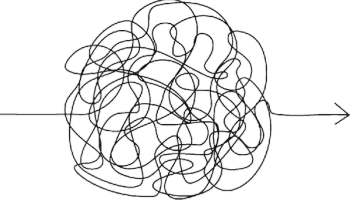
Many trauma survivors do not enjoy their life due to their daily struggles with memories in the aftermath. Wounded healers are no exception. More in this Portrait of a Psychiatrist.
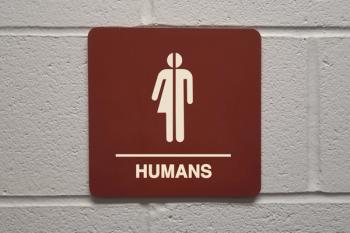
Truth be told, gender identity variations are not psychiatric disorders. That said, if you were there, what would you have done?

It is winter in America. Perhaps it is fitting, then, that we have a psychiatrist’s self-disclosure that might give you the chills.